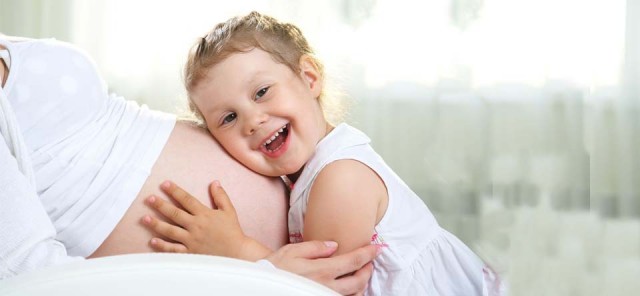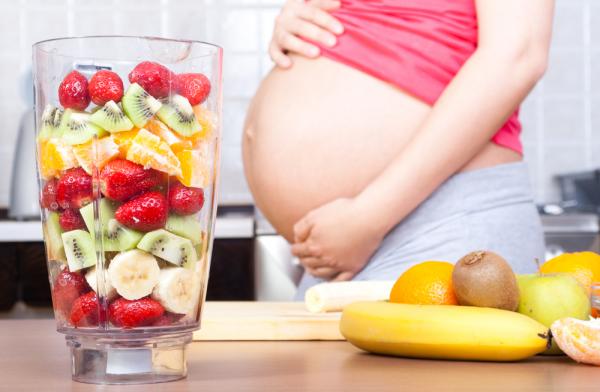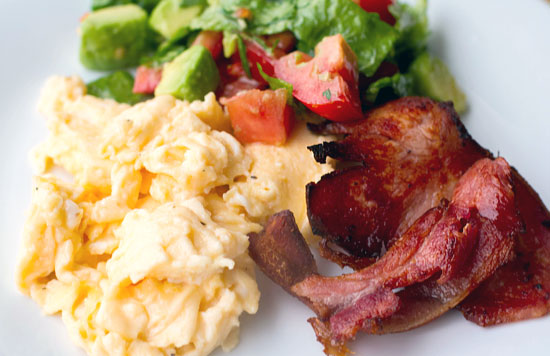Healthy Diet for Pregnant Women
The best thing you can do for your baby as well as yourself is to eat a healthy and well balanced diet. This ensures that you have to make small changes to your diet during your pregnancy.
The first Trimester
You are not alone if you find that it is difficult to maintain a well balanced diet during the first trimester. Due to some uneasy feelings, women tend to have trouble in eating and subsequently suffer weight loss.
Prevention of dehydration and malnutrition are of utmost importance in this trimester.
Calories
During pregnancy, you have to consume nearly 300 additional calories everyday. Among the best ways to implement this is to listen to your stomach when it is hungry. You must eat as much food as possible from the food pyramid’s bottom.
In case your weight gain is very slow, you must eat smaller meals. Also, marginally increase the fat component of your diet. You must eat whenever you feel hungry. This is because you are now consuming food on behalf of two people as against one person.
Calcium
By the time you reach second trimester, you will need around 1500 milligrams calcium everyday, for your bones and your baby’s as well. This content is present in more than one quart of milk.
Something which is missing in many diets is Calcium. Apart from milk, calcium can be derived from various other sources like dairy products, calcium tablets, and calcium fortified juices.
Fiber
Constipation, is a general pregnancy related problem, and it can be avoided by consuming fibers. Fibers are present in vegetables, whole grains and fruits. Metamucil and Citrucel, which are fiber supplements of fiber are safe to consume during pregnancy.
Protein
The protein intake is not a problem if you have a healthy diet, unless you are a strict vegetarian.
Iron
There is generally a deficiency of iron with women who start off their pregnancy. Dark green leafy vegetables and meats are provide healthy amounts of iron. Iron supplements are best avoided as they cause internal problems such as constipation, cramping and diarrhea.
Vitamins
It is better to consult your doctor on issues of prenatal vitamin intake. It is important to determine how these vitamins are incorporated.
Folate is among the most important vitamins, and if you have a sufficient amount, you can avoid vitamins totally – just confirm the fact with your doctor.







